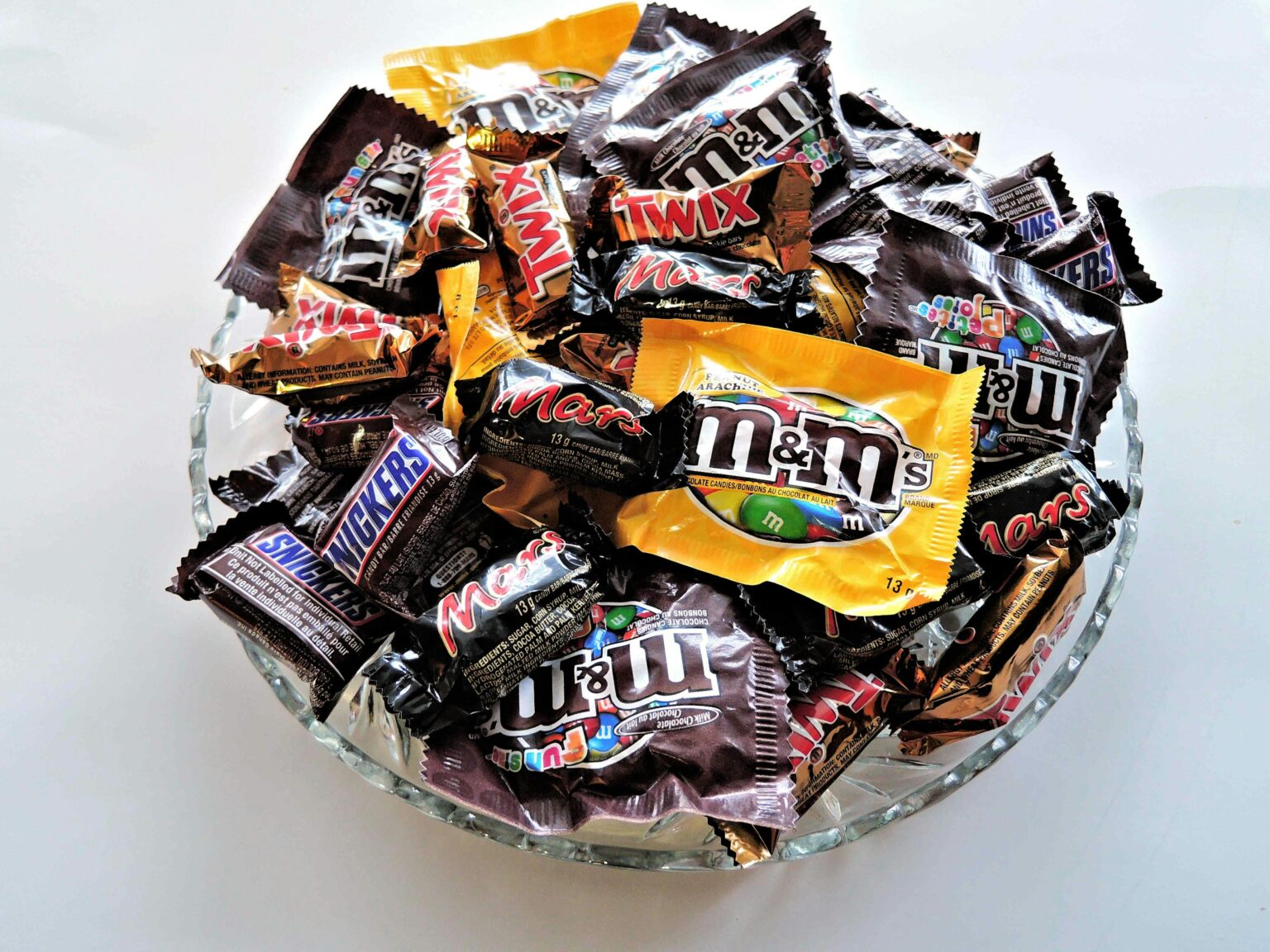The European Commission is preparing to launch an in-depth antitrust investigation into Mars Inc.’s proposed $36 billion acquisition of Kellanova, the maker of Pringles, according to sources familiar with the matter, as reported by Reuters.
The probe could ultimately force the U.S.-based confectionery and pet food giant to divest assets to address competition concerns across the European Union.
Sources close to the review process say the EU executive is increasingly concerned about Mars’ already significant market share in certain product categories and EU member states. The deal would bring together a wide array of iconic brands—ranging from Mars’ M&M’s and Snickers to Kellanova’s Pringles and Pop-Tarts—potentially enhancing the company’s market power through portfolio effects.
Portfolio effects arise when a company’s combined product offering strengthens its bargaining power or dominance, often making it harder for smaller competitors to survive. Addressing such concerns has historically proven complex in EU merger reviews.
Mars is not expected to offer concessions during the Commission’s preliminary phase of the investigation, which concludes on June 25. If no remedies are submitted, a full Phase II inquiry—typically lasting 90 working days—will be launched, extending regulatory uncertainty for the deal.
Neither Mars nor Kellanova responded to multiple requests for comment. A spokesperson for the European Commission also declined to provide a statement.
News of the potential EU probe sent Kellanova shares down 1.1% in late trading on Wednesday, reaching their lowest point in ten months.
Mars announced the acquisition in August last year, positioning the deal as a strategic move to expand its global footprint and diversify its product range. The transaction is among the largest in the consumer packaged goods sector in recent years, amid a trend of consolidation driven by inflation pressures and changing consumer behavior. Companies across the food and beverage industry are seeking scale to counteract shrinking margins and the rise of private-label competitors.
However, the deal has sparked concern among European retailers and industry groups, who warn of growing dominance by large international suppliers. They argue that consolidation in markets such as breakfast cereals, confectionery, frozen desserts, and carbonated beverages could further tilt the balance of power, making it harder for retailers to negotiate prices and terms.
Retailer associations across Europe have already raised red flags, citing the risk that dominant suppliers may impose restrictive practices or exert undue influence over shelf space and product placement.
If the Commission does escalate its review, Mars could be compelled to offer structural remedies, such as selling parts of its business in affected markets, to secure regulatory approval. The coming weeks will determine whether the candy giant is prepared to negotiate or fight for the deal in a prolonged regulatory battle.


